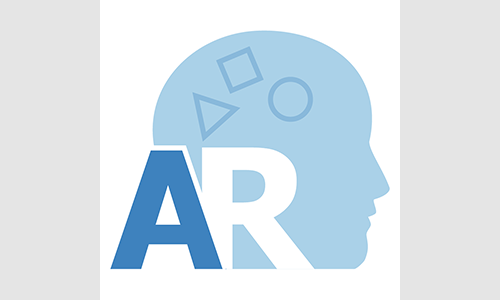Abstraction Test

The OD-Tools abstraction test measures 'General Mental Capacities' in a very efficient way.
The test was developed to have a workplace orientated alternative to the standard Ravens Matrix Test. The difficulty level is appropriate for the working population.
With a measuring range from 55 - 145 IQ-points the test is appropriate for all jobs and positions. The testing procedure was developed by Kaori Takenaka, Fiona Chan and Michal Kosinski from the psychometric centre of the University of Cambridge. It was internationally approved after successfully passing a pilot run with over 40.000 respondents.
Caracteristics:
- Fast and efficient: It only takes 30 minutes
- Free of exogenous influences through different cultural backgrounds or biased opinions
- Computer based administration
The test is based on the classic test theory. It contains 25 sections with increasing difficulty. In the first section, there is a clear description and the increasing levels assure that participants of all IQ ranges have a clear understanding what to do.
What does the Abstract Reasoning Test measure?
British psychologist Charles Spearman (1863-1945) observed that children's performance ratings across seemingly unrelated school subjects were positively correlated. Analyzing large amount of data, he concluded that “clever” students tend to be “clever” in most subjects. He theorized a central factor “g” (General Mental Ability) to explain this phenomenon.
Spearman's definition of "g", the central factor of intelligence, is: "the innate ability to perceive relationships and educe co-relationships", often referred to as intelligence or IQ. Using the metaphor of computers, we could say our hardware is basically similar, but with a degree of individual variance: some of us have a slower CPU, some have a faster one. A slow CPU will run all programs slower, a fast will run all programs faster.
The Abstract Reasoning Test aims to measure this central “g” factor, which is not related to any subject knowledge or culture.
Why is it the capacity for abstract thinking so important in every day business life?
Frank Schmidt and John Hunter published a resume of different studies on the topic of abstract thinking under the title 'General Mental Ability in the World of Work: Occupational Attainment and Job Performance' (2004, Journal of Personality and Social Psychology). The authors conclude: 'This article proves scientifically that "general mental skills" predicts not only the achievement of professional goals, but as well the performance in a chosen field of expertise. In doing so, it is more precise than every other capacity, characteristic or any other genetic endowment.' These facts are being supported by studies on a vast selection of activities and professional levels.
Results of Abstraction test can predict the performance of employees for:
- Acquiring new capabilities
- Analysis of data, Identification of tendencies and inter-linkages including their capability to solve problems
- Formation of opinions and decision
- Strategic thinking and building an holistic view
- Interpretation of tendencies and alterations within relevant businesses
These capacities are important in all branches.
The downside of the abstraction test is the low content validity: Questions are not simliar to the operating fields of test participants. Employees should thus cross-check to what extent a relation between test results and working performance is plausible. This is necessary to determine benchmarks of the test.